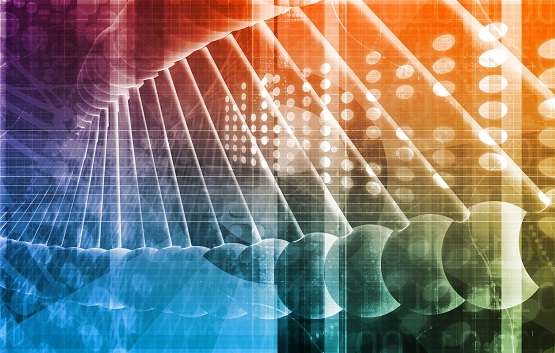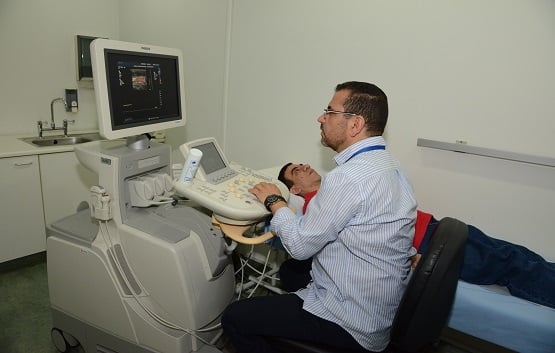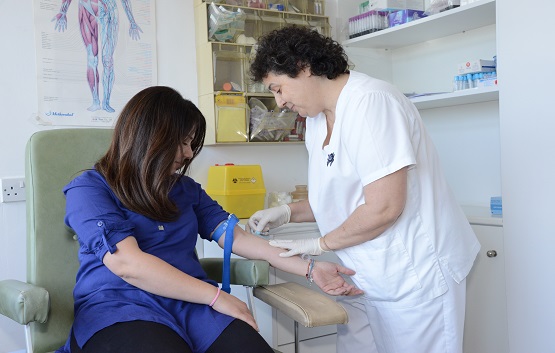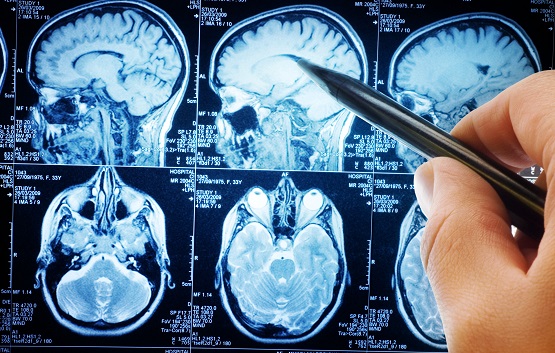Neuroimmunology Department
Overview
Neuroimmunology Department has been established since 1995 at the Cyprus Institute of Neurology and Genetics (CING). The functional orientation of the Clinic, as all other Clinics at the CING covers the area of service, research and education.
The Clinic follows over almost 1000 patients with Multiple Sclerosis with access to outpatient, inpatient, neurophysiology and physiotherapy facilities, swallowing evaluation and therapy, psychological support and full services of the social worker office. Up to date drug therapy, including administration of corticosteroids, nterferons, chemotherapy (like mitoxantrone) and the newer monoclonal antibodies is supervised and given by the Clinic’s personnel.
The Neurovascular laboratory offers services in the field of Neurosonology. Colour coded duplex-doppler studies of the extracranial carotid arteries, the extracranial vertebral arteries and the intracranial arteries (both the anterior and the posterior circulations) are performed on a regular service basis.
Transcranial doppler monitoring as well as CO2 reactivity tests are also performed.
The laboratory also participates in research programs concerning the characterization and the progression of the atherosclerotic plaques and also the correlation of the carotid atherosclerotic disease and the cause of strokes.A lot of patients with Parkinson Disease (PD) are followed by the Clinic and since 2004 a highly specialized Clinic for presurgical evaluation and surgical treatment in PD has been established and with the cooperation with specialized centers abroad more than 25 PD patients have been offered Deep Brain Stimulation (placement of stimulating electrodes within the subthalamic nuclei within the brain controlled by a neurostimulator placed under the skin in upper anterior thoracic area). All patients are followed and stimulators are externally controlled and adjusted by a trained neurologist for DBS‐operated patients.
The Clinic has established and functions a specialized neurovascular laboratory where it offers diagnostic services in the area of the extracranial and intracranial arteries, transcranial monitoring for emboli detection and CO2 reactivity tests for the study of the cerebral arterial supply reserves. All the above tests help clarify the pathogenesis of stroke and help to define the best medical or surgical treatment of cerebrovascular diseases.









0002.jpg)
